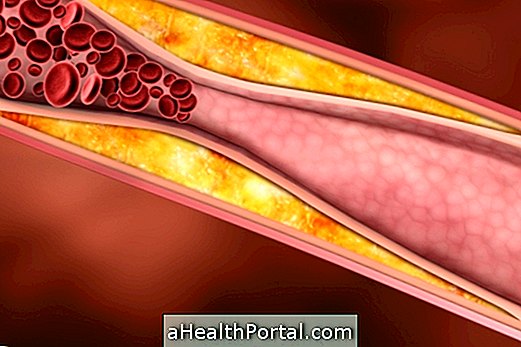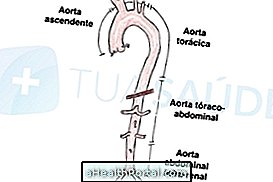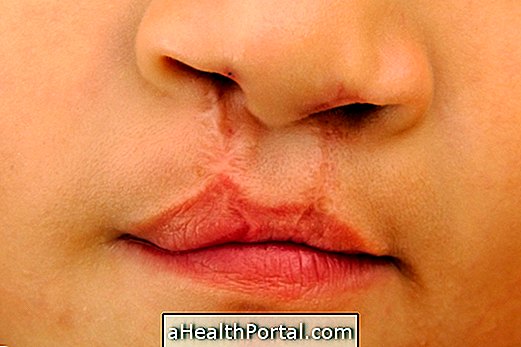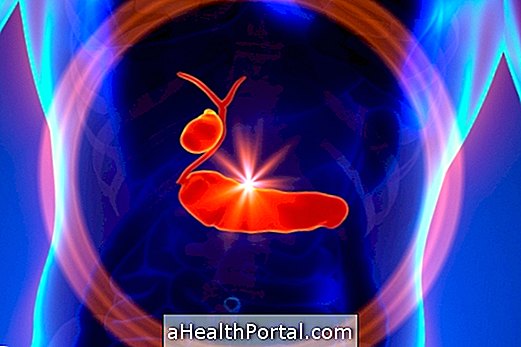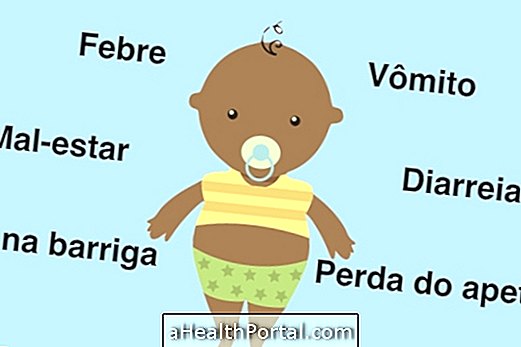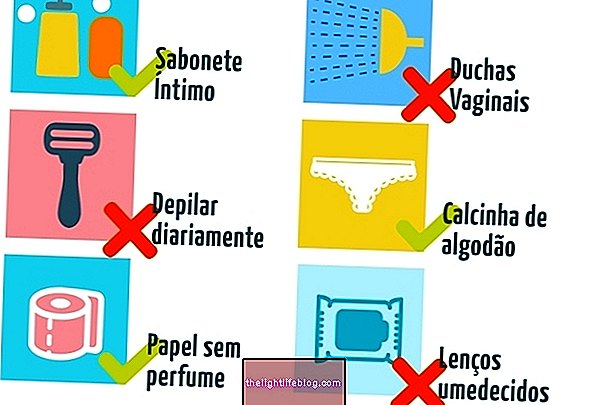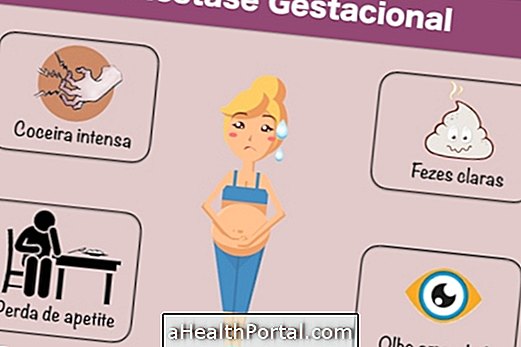Myocarditis is an inflammation of the heart muscle that can arise as a complication during different types of infection in the body, causing symptoms like chest pain, shortness of breath or dizziness.
In most cases, myocarditis arises during a virus infection, such as the flu or chicken pox, but it can also happen when there is a bacterial or fungal infection, in which case the infection usually needs to be very advanced.
Myocarditis has a cure and usually goes away when the infection heals, however, when the inflammation of the heart is very severe or does not go away, it may be necessary to stay in the hospital.
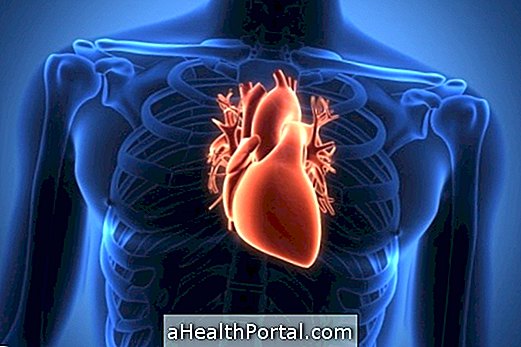
Main symptoms
In milder cases, such as during an influenza or cold, for example, myocarditis does not cause any type of symptom. However, in more serious cases, such as those of bacterial infection, there may arise:
- Chest pain;
- Irregular heartbeat;
- Feeling of shortness of breath;
- Excessive tiredness;
- Swelling of the legs and feet;
- Dizziness.
In children, other symptoms such as fever, rapid breathing, and fainting may still occur. In these cases, it is recommended to consult a pediatrician immediately to evaluate the problem and initiate appropriate treatment.
Since myocarditis arises during an infection, the symptoms can be difficult to identify and it is therefore recommended to go to the hospital when the symptoms last for more than 3 days.
How is the diagnosis made?
When myocarditis is suspected, your doctor may order some tests such as chest X-rays, an electrocardiogram, or an echocardiogram to look for changes in how your heart works.
These tests are especially important because the symptoms may be only being triggered by infection in the body, with no change in the heart.
If the changes identified during this type of examination are very serious the doctor may recommend consulting a cardiologist to start treatment with medicines for the heart. Otherwise, treatment of the infection leading to the onset of myocarditis is usually indicated.

How to treat myocarditis
Treatment is usually done at home with rest to avoid overwork by the heart. During this time, however, appropriate treatment of the infection that has been the cause of myocarditis should be done during this period, and antibiotics, anti-fungal or antiviral drugs may be necessary, for example.
In addition, if myocarditis symptoms appear or if inflammation is making it difficult for the heart to function, the cardiologist may indicate the use of some medications such as:
- High blood pressure medicines, such as captopril, ramipril or losartan: relax blood vessels and facilitate blood circulation, reducing symptoms such as chest pain and shortness of breath;
- Beta-blockers, such as metoprolol or bisoprolol: help strengthen the heart by controlling irregular heartbeat;
- Diuretics, such as furosemide: eliminate excess fluids from the body, decreasing swelling in the legs and facilitating breathing.
In the more severe cases, where myocarditis causes many changes in heart function, it may be necessary to stay in the hospital to make pills directly into the vein or to place pacemaker-like devices that help the heart work.
In some very rare cases where heart infallation puts one's life at risk, it may even be necessary to have an emergency heart transplant.
Possible sequels
In most cases the myocarditis disappears without leaving any type of sequelae, being very common that the person does not even know that he had this problem in the heart.
However, when the inflammation in the heart is very serious it can leave permanent lesions in the cardiac muscle that lead to the emergence of diseases like heart failure or high blood pressure. In these cases, the cardiologist will recommend the use of some medications that should be used for a few months or for a lifetime, depending on the severity.
See the medicines most commonly used to treat high blood pressure and heart failure.

